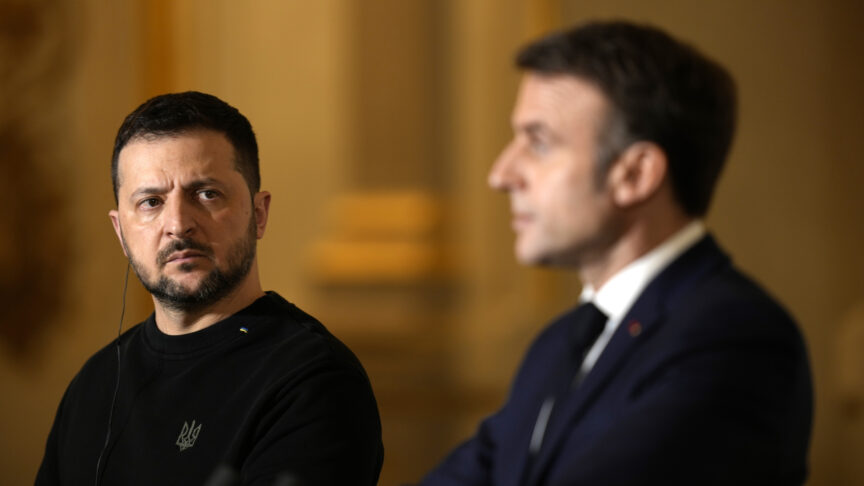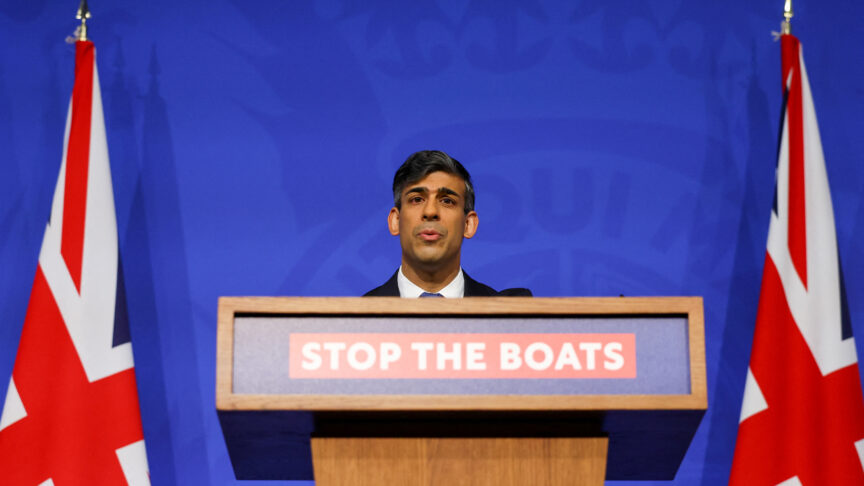View from Sofia: A move to scepticism
Growing concerns over resettlement have pushed Bulgaria into a more hostile position on refugees
From the perspective of Sofia, the main news that came out from the conference in Valetta dedicated to EU-Africa relations was about Turkey. The high-level meeting between the EU and Turkey which should take place before Christmas was announced at the time of the Valetta summit and became the focus of the official reactions on the refugee issue.
The fact is that from those who choose the Balkan route, there are almost no Africans – and hence the hope for intensified cooperation with Africa does not resonate in the Balkan region. Only around 6 percent of the refugees registered in Bulgaria fall into the category ‘others’, which includes Africans. The biggest group – around half of those entering – is made up by Syrians, around 15 percent are Iraqis and over a quarter – Afghans (whose numbers are growing). Because of this, and for reasons of fiscal weakness, Bulgaria participated only modestly in the trust fund established at the Valetta conference but quite vocally in the debate that followed. “The member states started building fences in an attempt to cope with the situation on their own… I want to convince my colleagues that is of vital importance to stop the refugee flow, close the borders and take better care of the migrants that are already here”, said Bulgarian PM Borissov in the margins of the conference, marking a clear shift from support for the Merkel position towards the position of the other central and east European member states. A majority of Bulgarians are sceptical about accepting more refugees in and the possibility of integrating more than the several thousand that are currently in the country.
The change in stance was re-emphasised following the attacks in Paris on 13 November. At the Foreign Affairs Council in the week following, foreign minister Daniel Mitov said: “No more refugees should be admitted, our educational and social systems cannot bear such pressure. The re-location system is ridiculous, we should re-install the control over our external borders, be able to distinguish between economic migrants and refugees and speed up the creation of repatriation programmes.”
Beyond the commonly shared worry that the refugee situation is spiralling out of control and the EU response is slow and insufficient, transit countries like Bulgaria also understand that, were the Dublin mechanism to be fully enforced, it would add to the pressure. There is a growing mood in Germany to distribute the burden among the member states but also to swiftly return those who have been denied asylum to the points where they have entered the EU. Around 7,000 such transfers to Bulgaria have been requested for the first 9 months of 2015 alone and although only very small number of them have actually taken place, the difficulty in keeping transferred migrants in their first country of entry may create additional disarray.
Pressured by the need to cope with the transit of tens of thousands refugees daily, the countries in this part of Europe naturally watch the EU dialogue with Turkey with high attention. The governments of Bulgaria, Macedonia, Serbia and even Greece speak favourably of any agreement that would satisfy Turkey’s demands and would make it keep more than 2 million refugees on its territory. Visa liberalisation, opening negotiating chapters and a big financial deal are on the cards. Without an EU solution to the border management, this list will be only the beginning – and the leaders from the region know that.
The European Council on Foreign Relations does not take collective positions. ECFR publications only represent the views of their individual authors.


